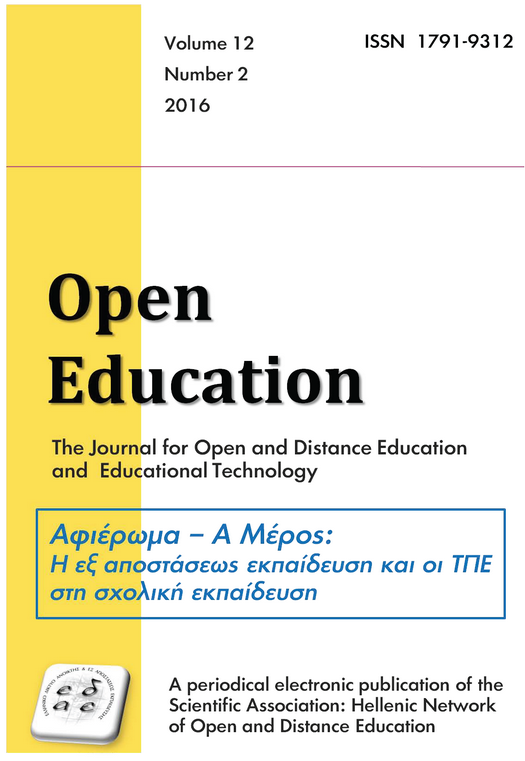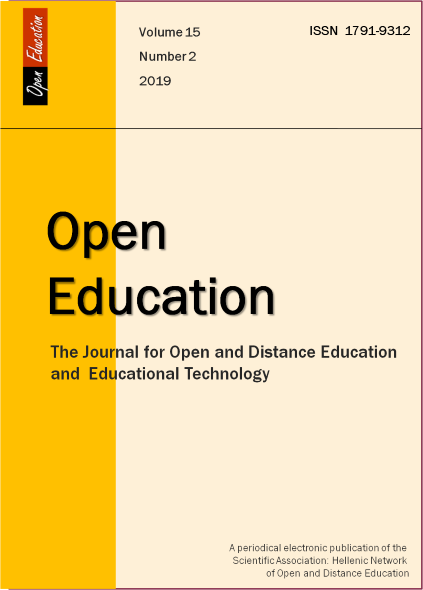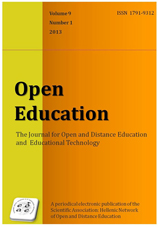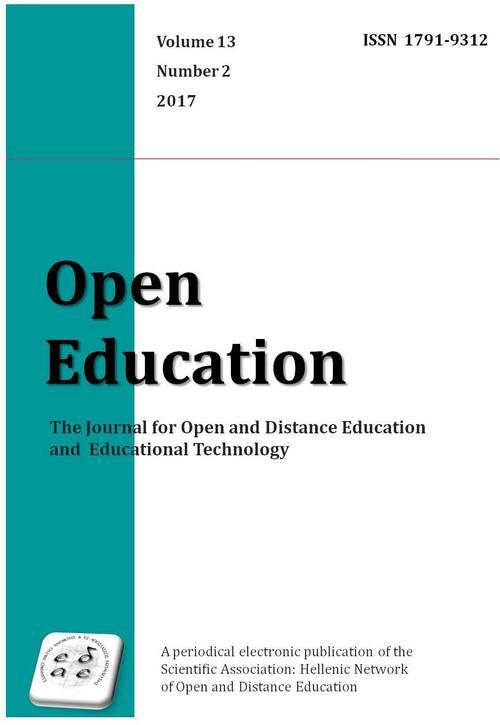Production and Evaluation of Educational Material Using Augmented Reality for Teaching the Module of “Representation of the Information on Computers” in Junior High School

Abstract
The purpose of this study was the investigation of the added value of technology of Augmented Reality in education and, particularly, whether this contributes to both student performance improvement, as well as the appearance of the psychological condition of Flow, which, according to research, has had a positive effect on their performance when experienced during learning process. The research involved a total of 42 students in their second year of junior high school who were taught the module “representation of the information on computers” using two different technologies, those of Augmented Reality and the Web. Research data showed that both technologies contributed to students’ performance improvement and to the appearance of Flow to pupils, with better averages and percentages for the group who utilized the technology of Augmented Reality, though.
Article Details
- How to Cite
-
Γιασιράνης Σ., & Σοφός Α. (2016). Production and Evaluation of Educational Material Using Augmented Reality for Teaching the Module of “Representation of the Information on Computers” in Junior High School. Open Education: The Journal for Open and Distance Education and Educational Technology, 12(2), 122–142. https://doi.org/10.12681/jode.10866
- Issue
- Vol. 12 No. 2 (2016)
- Section
- Section 1
Copyright Notice
Authors who publish with this journal agree to the following terms:
Authors retain copyright and grant the journal right of first publication with the work simultaneously licensed under a Creative Commons Attribution Non-Commercial License that allows others to share the work with an acknowledgement of the work's authorship and initial publication in this journal.
Authors are able to enter into separate, additional contractual arrangements for the non-exclusive distribution of the journal's published version of the work (e.g. post it to an institutional repository or publish it in a book), with an acknowledgement of its initial publication in this journal.
Authors are permitted and encouraged to post their work online (preferably in institutional repositories or on their website) prior to and during the submission process, as it can lead to productive exchanges, as well as earlier and greater citation of published work.





